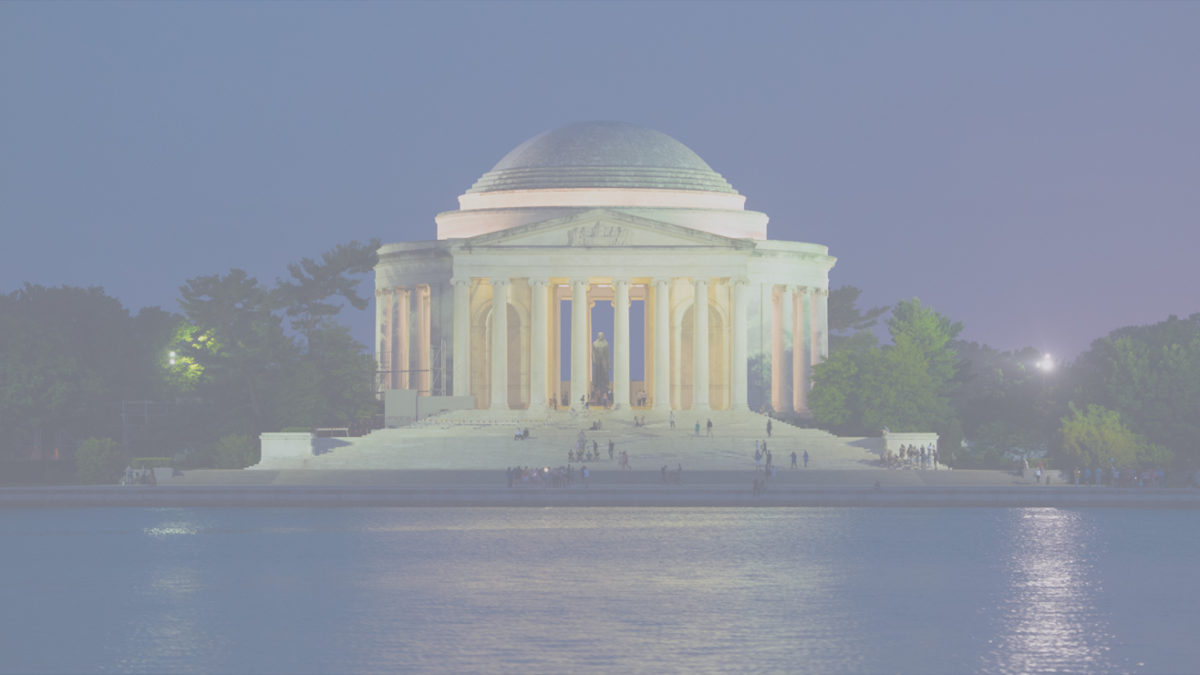April 2018
April 5, 2018June 2018
June 1, 2018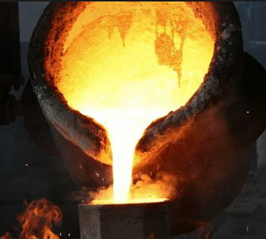
Top Story: Steel And Aluminum Tariff Exemptions Extended - For Now
Treasury Secretary Dispatched to China in Last Ditch Effort To Avoid Tariffs, FTZs Hopeful
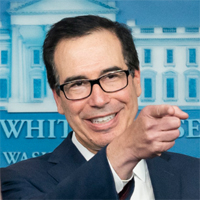
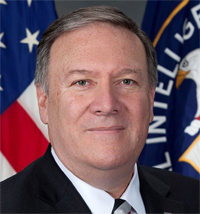
New Secretary of State May Bring Trade Strategy Changes
Nobody Home at the Ex-Im Bank
Hobbled for a time by a lack of Board members able to get through Senate confirmation, the Export-Import Bank of The United States has now lost all of its Board members and is no longer able to function at all.
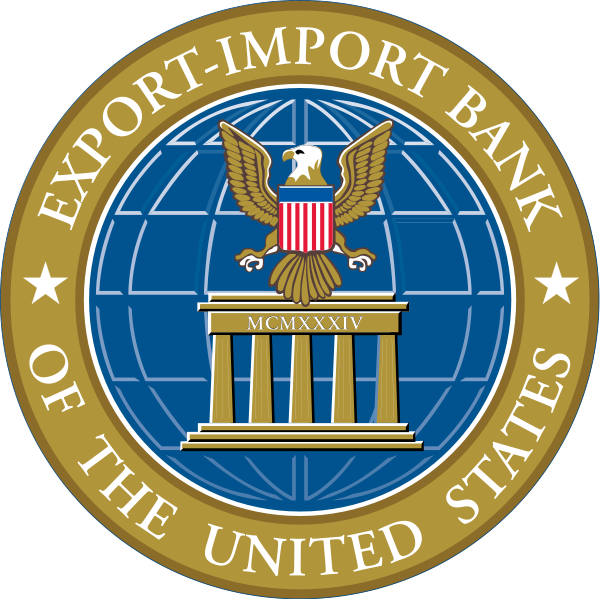
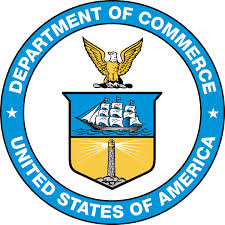
U.S. Foreign-Trade Zone Board Activity
- Distrilogik US Ltd. received approval to operate their Dayton, New Jersey facilities as Subzone 44K LEARN MORE
- Traxys Cometals Processing, Inc. received authorization of production activity for manganese and aluminum alloying agents at its facility within FTZ 158, in Burnsville, Mississippi. LEARN MORE
- AFE, Inc., received authorization of production activity for monitors, displays, and televisions within Subzone 41N, in Mount Pleasant, Wisconsin. LEARN MORE
- SDI USA, LLC, received approval to operate their Meriden, Connecticut facility as Subzone 76C . LEARN MORE
- AGCO Corporation submitted an application to operate their 240 acre campus in Jackson and Round Lake, Minnesota as a four-site subzone of FTZ 119. LEARN MORE
- MTD Consumer Group Inc. (MTD) submitted a notification of proposed production activity to eliminate the current domestic-status restriction on textile lawn mower bags within Site 17 of FTZ 158 in Verona, Mississippi. LEARN MORE
- Quad/Graphics, Inc.—Chemical Research\Technology, received authorization of production activity for printing ink within Subzone 41O, in Hartford and Sussex, Wisconsin subject to a restriction requiring that all foreign-status inputs be admitted in privileged foreign status. LEARN MORE
- Marine Industries Association of South Florida received authorization of production activity for yacht repair and refitting within Subzone 241A, in Fort Lauderdale, Florida. LEARN MORE
- Aker Solutions, Inc. received authorization of production activity for undersea umbilicals within Site 7 of FTZ 82 in Mobile, Alabama.. LEARN MORE
- The Louisville & Jefferson County Riverport Authority filed an application to reorganize FTZ 29 under the Alternative Site Framework with a proposed service of Anderson, Boyle, Breckinridge, Bullitt, Butler, Carroll, Crittenden, Daviess, Fayette, Franklin, Gallatin, Hancock, Henderson, Henry, Hopkins, Jefferson, Jessamine, Larue, Marion, McLean, Meade, Mercer, Muhlenberg, Nelson, Ohio, Oldham, Owen, Scott, Shelby, Spencer, Trimble, Union, Washington, Webster, and Woodford Counties, Kentucky. LEARN MORE
- The Greater Mississippi Foreign-Trade Zone, Inc. filed an application to reorganize FTZ 158 under the Alternative Site Framework with a proposed service of Claiborne, Hinds, Madison, Marshall, Pontotoc, Rankin, Tate, Warren and Washington Counties, Mississippi in their entirety, and portions of Lee and Tishomingo Counties, Mississippi. LEARN MORE
- Laser Galicia America LLC submitted a notification of proposed production activity for trafo wall production with FTZ 293 in Aurora, Colorado. LEARN MORE
- GE Renewables North America, LLC submitted a notification of proposed production activity to add foreign status materials and components to the scope of authority for producing wind turbines, related hubs and nacelles, and drivetrains within Subzone 249A in Pensacola, Florida. LEARN MORE
- Albany Safran Composites LLC submitted a notification of proposed production activity for carbon composite aircraft parts within FTZ 81 in Rochester, New Hampshire. LEARN MORE
- Orgill, Inc. received approval to operate their Sikeston, Missouri facilities as Subzone 102F. LEARN MORE
- Textiles Coated International Inc. submitted a notification of proposed production activity for the production of polytetrafluoroethylene (i.e. teflon) products at their facilities within Site 4 of FTZ 81 in Manchester and Londonderry, New Hampshire. LEARN MORE
- AFL Telecommunications, LLC submitted a notification of proposed production for optical cable for data transfer for a subzone to be established for its facilities in FTZ 38 in Duncan, South Carolina. LEARN MORE

